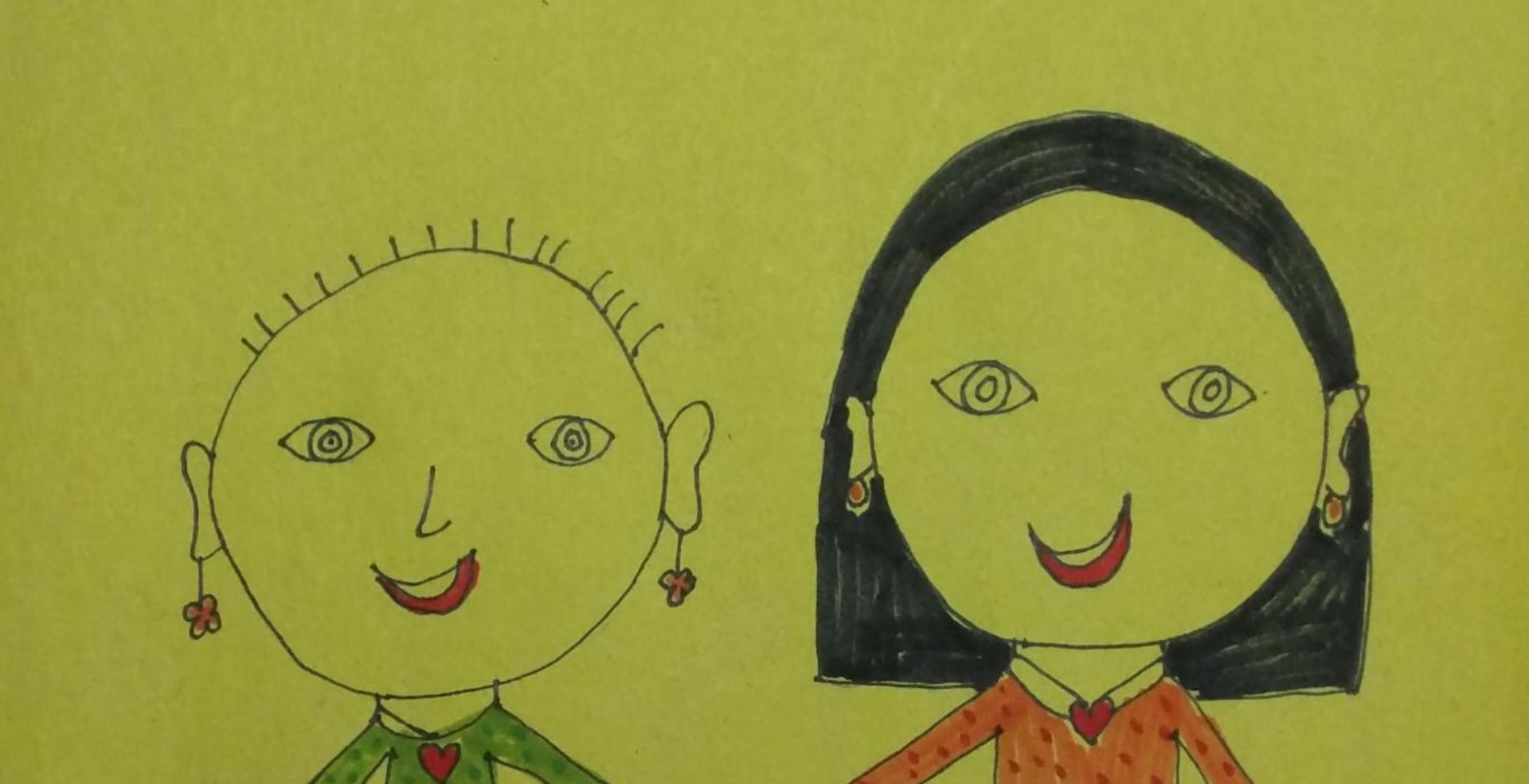Transition back home




The transition back home was a bit rough initially. From mundane things like keeping the house sanitized, trying to restore “new” normalcy after an insane month of induction at the hospital, to continued sleeplessness and the emotional trauma of losing hair.
The transition from one month at the hospital to back home was a bit hard. We were concerned about her safety, physical and emotional well being. Of course, there were the additional concerns about keeping the house clean and germ free. And you couldn’t just outsource chores or get house cleaners etc, since each visitor was a threat to her low immunity.
Keeping one room in the hospital clean is quite easy, but keeping an entire house spot clean is not at all trivial! We changed the bed linens everyday, swept and steam vacuumed the house everyday (eventually this became every couple of days or once a week). This was quite tiring, especially since we also had to cook, wash dishes / clothes, while engaging her and keeping an eye on her safety all the time…
Thankfully, grandma and grandpa were able to help with some of the household chores.
It was hell on the emotional front. Our kid hadn’t seen herself in a mirror for 1 month, and now, she couldn’t believe what she saw in the wall-to-wall mirror door in our master bedroom. She cried that the nurses and doctors at the hospital had ruined her life — she felt ugly with a puffed football-like face and little hair on her head. “How can I go to school like this? My teachers and friends will not recognize me and will laugh at me”…
Our immediate project was to cover the mirrored doors, hoping that out of sight would be out of mind. Still, she would wake up crying hysterically in the middle of the night, being violent and hard to control. At those times, our #1 concern was her safety, that she should not fall or hurt herself unknowingly, as it could lead to internal bleeding and unnecessary surgeries or complications…
She experienced an intense emotional turmoil. “Look at me, this is not a life. I don’t want to live like this. I want to kill myself”. It broke our hearts to see her like this…
During this period, we watched inspiring movies like the “Beauty and the Beast” and discussed how looks don’t matter, and what matters is a brave and kind heart. We went on a trip to a good hair salon and she saw me cut my waist-long hair very short. I told her, “See, Mama cut most of her hair, but she’s still the same, and loves you very much!”
Later, she cut her hair too (or whatever was left). We donated our hair to “Wigs for kids“. She was happy that our hair was going to help sick kids feel better, by making fancy wigs for them. We also ensured her that after the treatment, her hair would grow back nicer and stronger. And we could come back to the hair salon to get any cool hairdo of her choice. She seemed much happier…
Overall, the induction phase was like living on a volcano, not knowing when it would erupt… It was over a month since she (or us) slept for more than 1-2 hours at a stretch.









